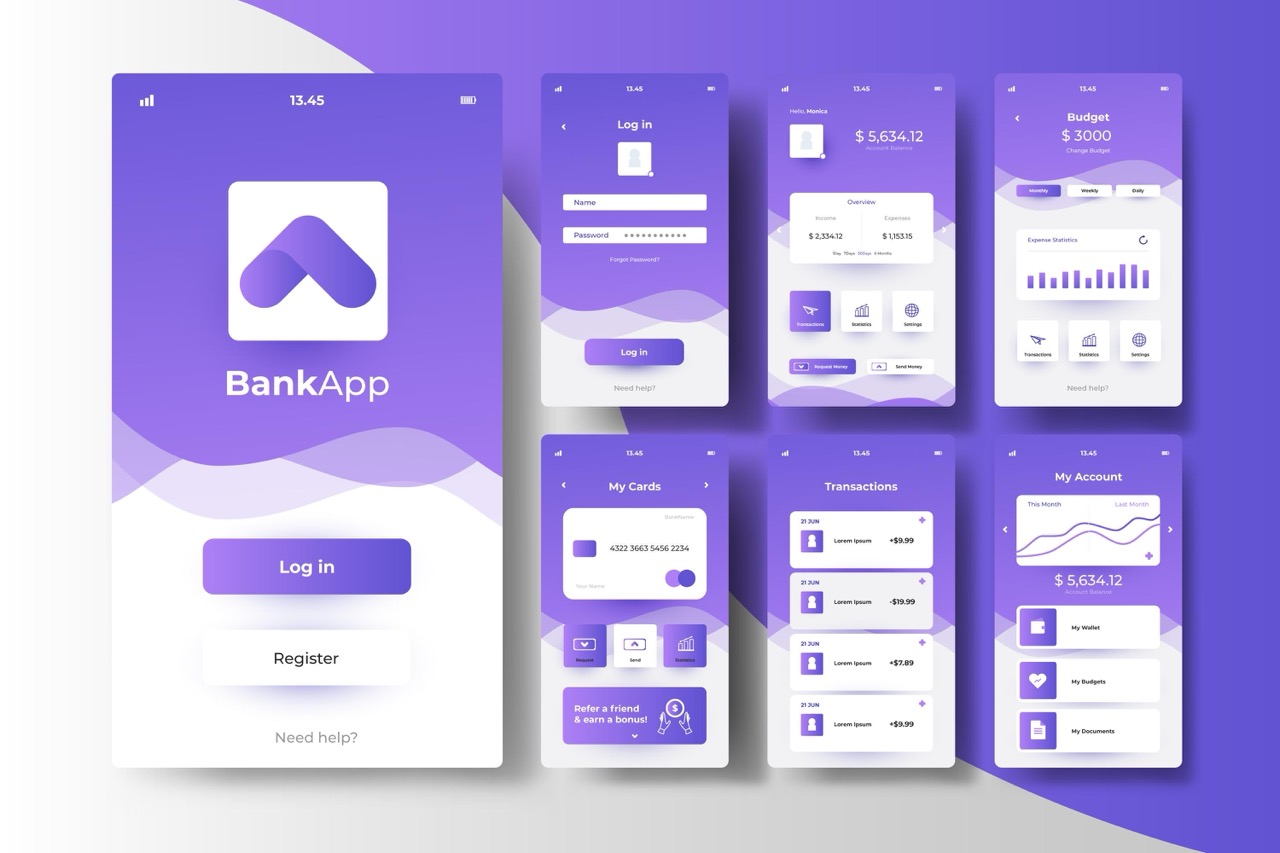Launching an Android app can be exciting, but it’s crucial to be well-prepared to avoid hurdles and maximize your chances of success. Here are some key things to know before your big launch:
Before Development:
- Market Research and Target Audience:
- Validate your app idea: Analyze market trends, existing competitors, and identify a clear value proposition for your app.
- Know your target audience: Pinpoint their demographics, needs, and pain points to tailor your app experience.
- Feature Prioritization and Budget:
- Focus on core features: Don’t overwhelm users with too many features initially. Prioritize the most essential functionalities for your MVP (minimum viable product).
- Set a realistic budget: Factor in development costs, marketing expenses, potential server fees, and ongoing maintenance.
Development and Testing:
- Technical Aspects:
- Choose the right development platform: Native, hybrid, or cross-platform? Each has its pros and cons, consider your budget, target audience, and desired features.
- Follow Android design guidelines: Ensure a smooth and intuitive user experience that adheres to Google’s standards.
- Prioritize performance and stability: Make sure your app is fast, efficient, and bug-free.
- Testing and Beta Releases:
- Extensive internal testing: Thoroughly test every aspect of your app before launch.
- Beta testing with real users: Gather valuable feedback from a limited user group to refine your app before public release.
Launch and Marketing:
- App Store Optimization (ASO):
- Optimize your app listing: Choose a catchy name, write a compelling description, and utilize relevant keywords to improve searchability.
- High-quality screenshots and videos: Showcase your app’s features and benefits in visually appealing ways.
- Marketing Strategy:
- Pre-launch campaign: Build anticipation through social media, influencer outreach, and content marketing.
- Post-launch engagement: Keep users engaged with updates, new features, and community building efforts.
- Monetization Strategy:
- Determine your pricing model: Free, freemium, paid, or subscription? Align with your app’s value proposition and user expectations.
- In-app purchases: If applicable, offer additional features or content for purchase within the app.
Additional Considerations:
- Data Privacy and Security:
- Comply with data privacy regulations: Ensure user data is collected, stored, and used responsibly. Implement robust security measures to protect user information.
- Analytics and Monitoring:
- Track user behavior: Use analytics tools to understand how users interact with your app and identify areas for improvement.
- Constant Updates and Maintenance:
- Regular updates: Address bugs, incorporate user feedback, and introduce new features to keep your app relevant and engaging.
- Maintenance and support: Be prepared to provide customer support and timely responses to user queries.
Launching an Android app takes planning, preparation, and ongoing effort. By understanding these key elements and implementing best practices, you can increase your chances of a successful launch and sustained success in the crowded Android app market.
Remember, this is just a starting point. Depending on your specific app and goals, there may be additional factors to consider. Good luck with your launch!

